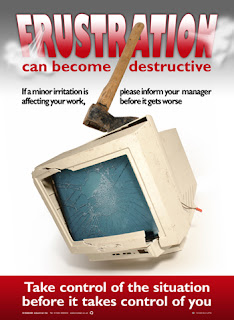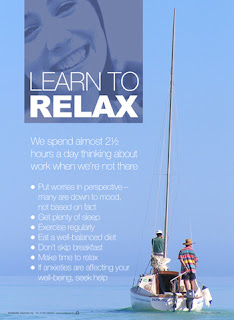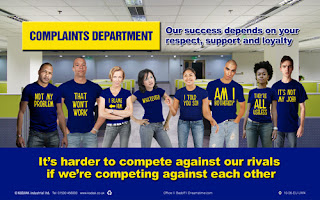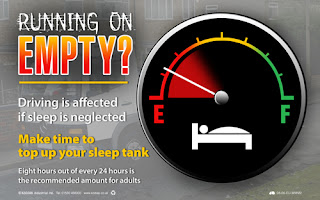Updated October 2014
It seems everywhere I have been lately there have been notices about violence. They're in the hospital, in the Post Office, on the bus and even in some shops.
The HSE defines work-related violence as:
Any incident in which a person is abused, threatened or assaulted in circumstances relating to their work.
Assaults accounted for 332,000 of these, while 317,000 involved threats to victims.
More than half of the assaults resulted in physical injury and 3,697 of these resulted in at least seven days' absence from work.
Work-related violence and stress related absence
Of course it is not just injuries that result in employees being absent from work. Work-related violence is also a major cause of
stress, which itself can be debilitating.
Frontline workers in healthcare, and protective services like the police, are identified as most at risk. The risks are also high for lone workers and those who come into contact with the general public. For example:
- anyone who drives for work could be exposed to incidents of road rage;
- lone drivers who deliver to their recipients' homes; and
- bus drivers who have contact with the public on a daily basis – sometimes late at night.
Internal conflicts may also lead to issues if unresolved workplace frustrations or personality clashes reach boiling point.
So what else can be done to combat the problem?
Continue to raise awareness
Make sure your employees understand exactly what violence is, what might cause it and how to recognise it. Identifying early warning signs, such as irrational behaviour, and reacting accordingly could help to prevent an incident.
Give practical advice
Consider everything your employees might need to know. From understanding the risks and using preventative techniques, to taking evasive action and following correct procedures in the aftermath of an incident.
For example, using the right tone of voice and body language can sometimes be instrumental in defusing potentially violent situations.
Address internal problems
Everyday conflicts and frustrations can become destructive over time, or in the heat of the moment. For some employees, knowing when to walk away from a situation and take five could avert an incident they may later regret.
Also consider security risks, such as expired or missing lightbulbs, broken fencing or piles of debris, which may provide a hiding place for would-be thieves.
Take a proactive approach by encouraging employees to report issues or take preventative action. It may help to nip a problem in the bud and stop it from evolving into something serious.
Install additional security measures
CCTV, alarm systems, panic buttons, two-way radios and extra locks are just some of the security measures available to safeguard your employees.
Encourage employees to report incidentsThis can be difficult, but if an incident of violence goes unreported, you may never know that you have a problem.
Be aware that incidents may be difficult to talk about – approach the subject sensitively and be prepared to offer further support should it be required.
Kodiak's
workplace posters frequently addresses the subjects of anger, violence and personal security in the workplace. Our posters can help you communicate positively to potential victims
and potential perpetrators.
If you would like more information on how our posters can help you tackle the threat of violence in your workplace, please
contact us.
For daily tips on dealing with common workplace issues, why not follow us on Twitter.
If you would like to find out how Kodiak posters
can help your business work smoother, smarter
and safer, please call us on: 01530 456 000
or email























